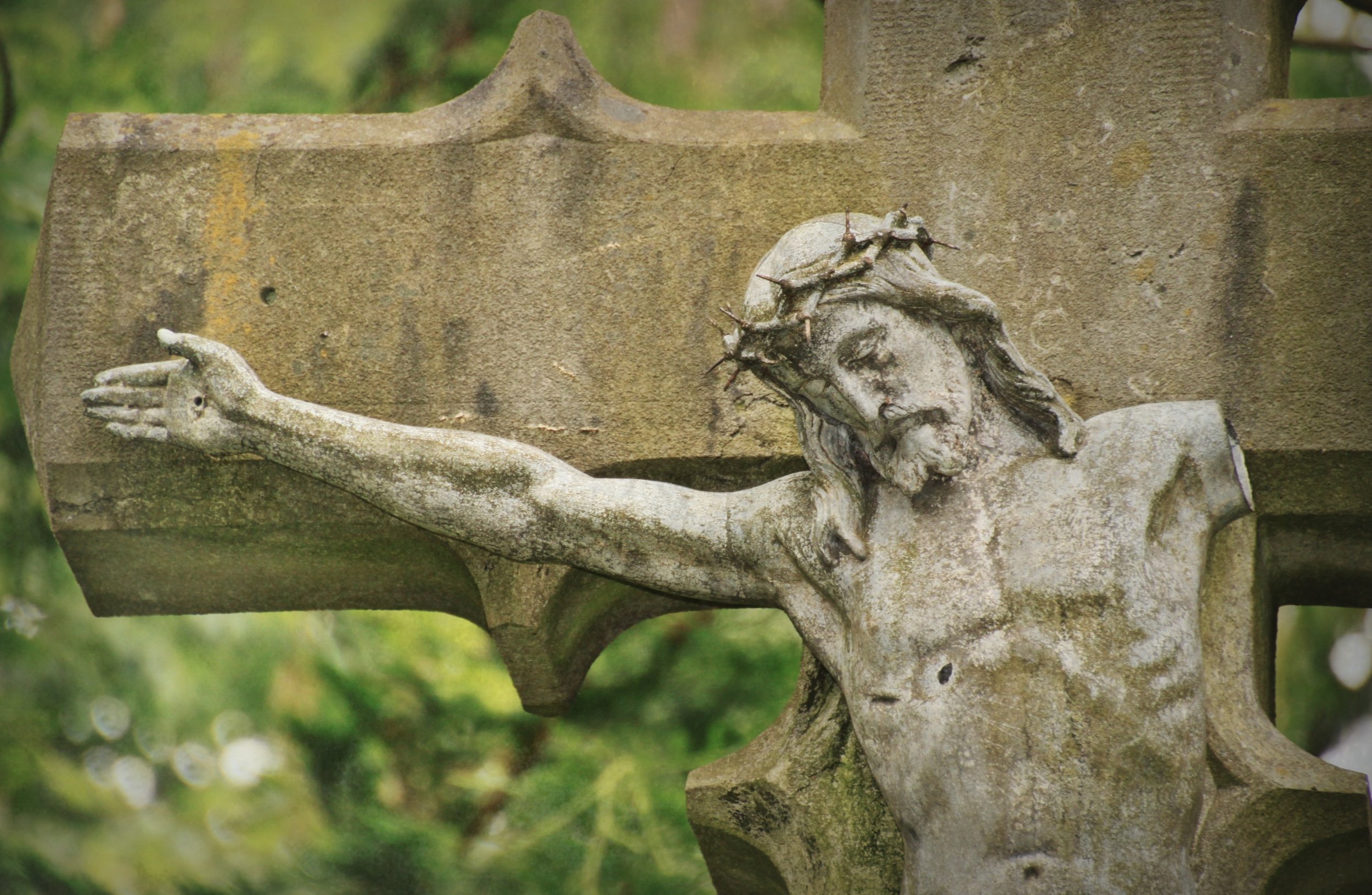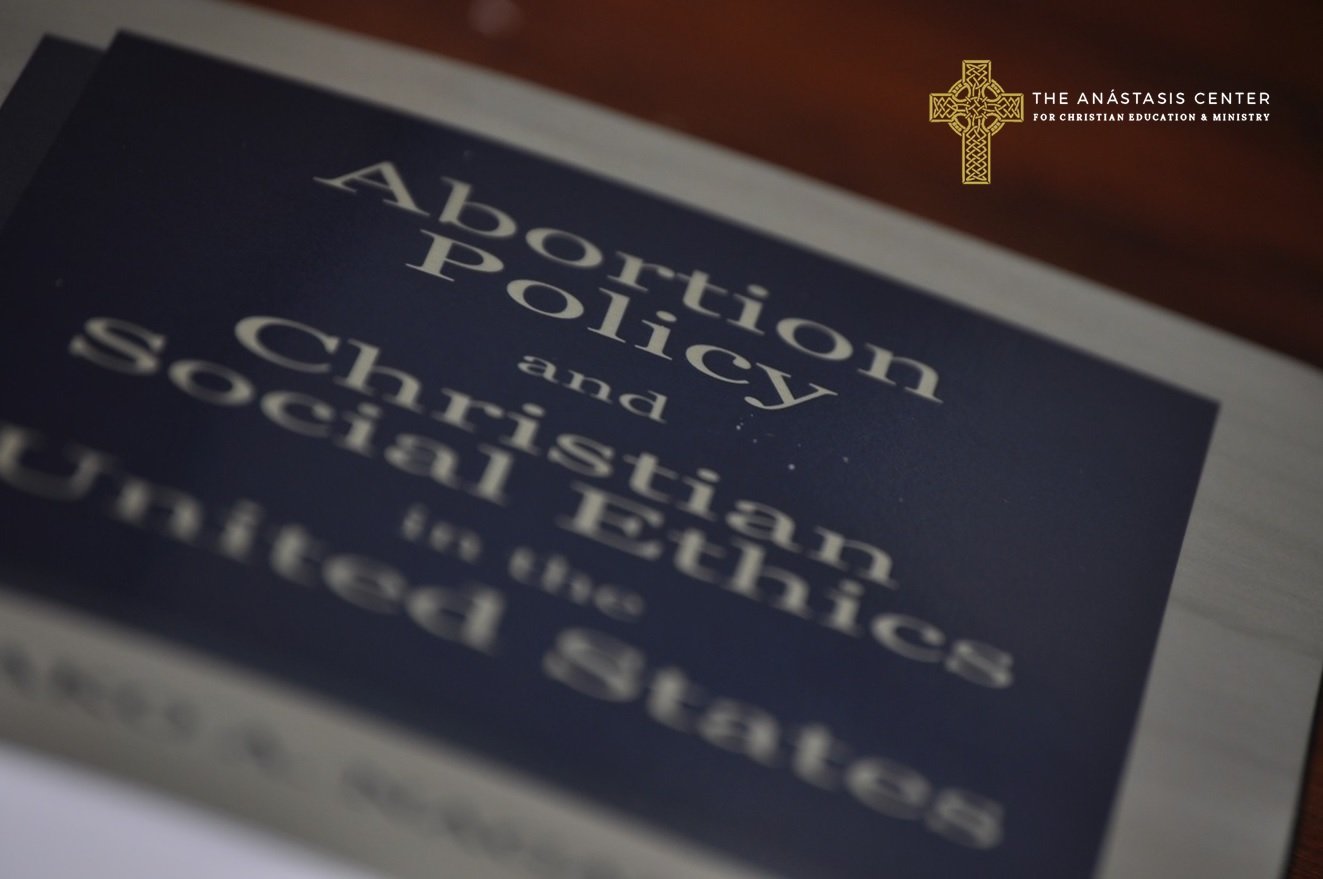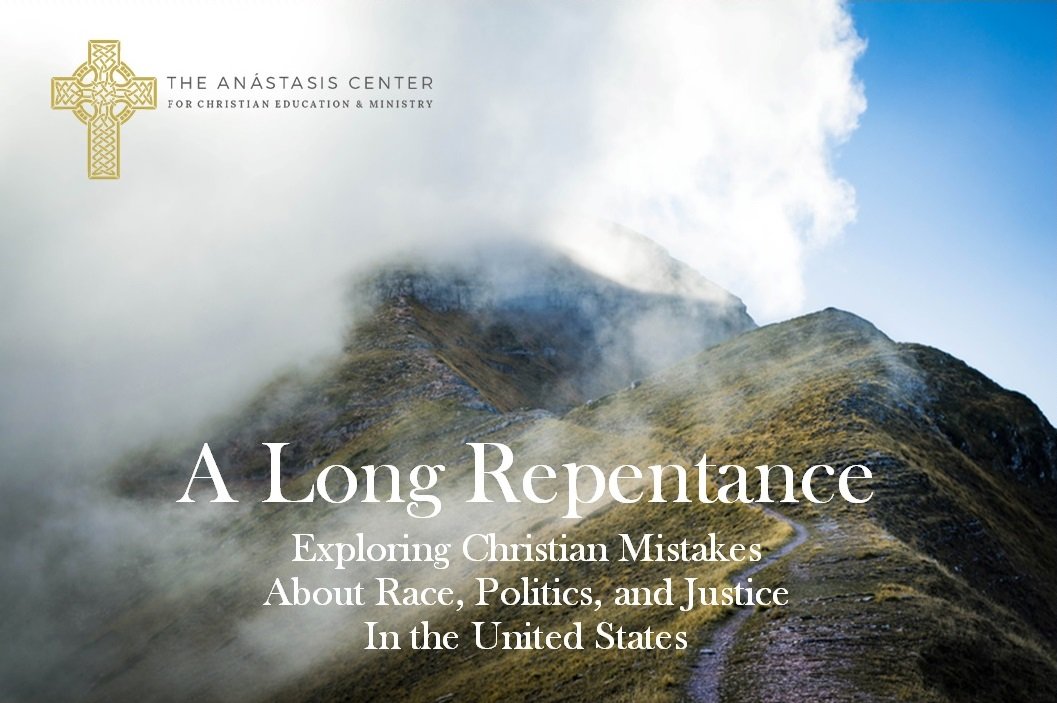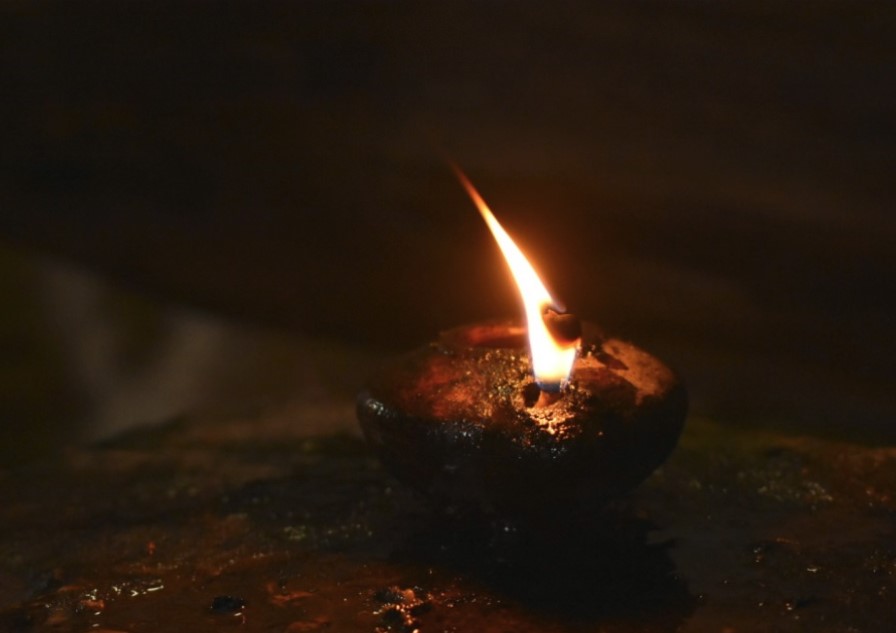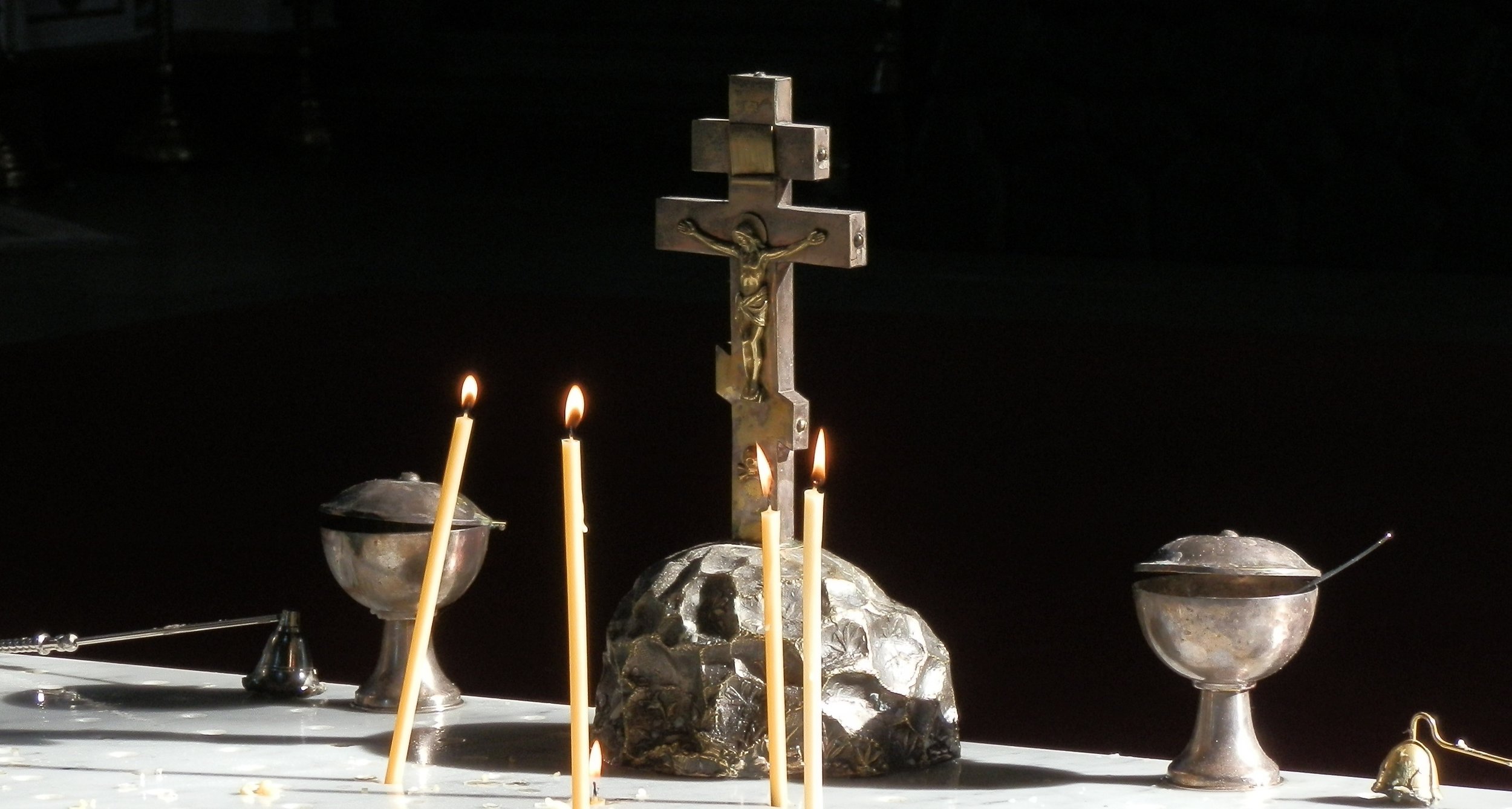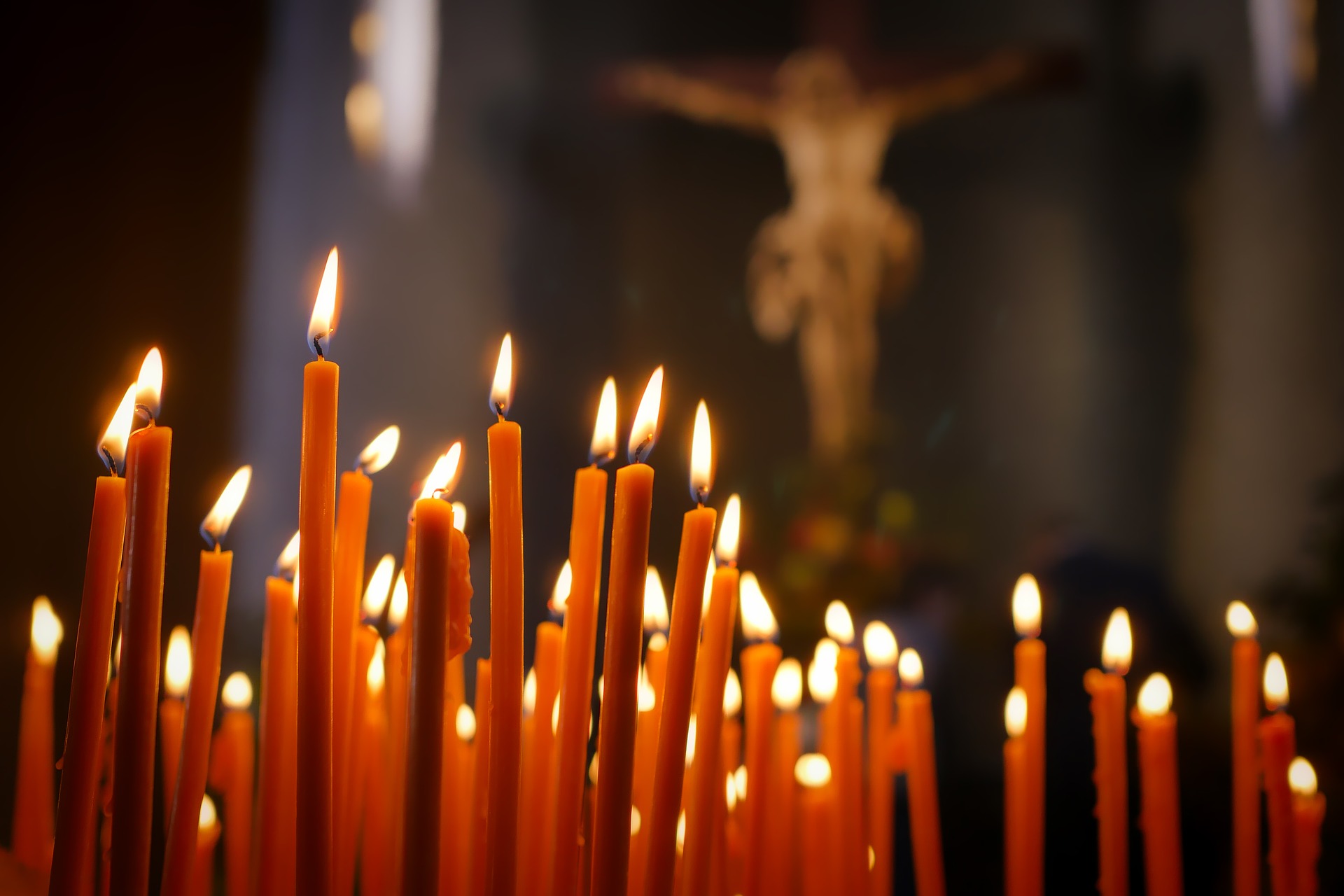God has a vision for relationship involving all things. God calls for human partnership to restore that vision. God’s justice is restorative and centered in Jesus.
This material was designed and delivered as a four part Zoom class in July 2023 for counter-trafficking professionals. The lecture portions were given by Mako Nagasawa and Katelyn Hannan. Some of the original Q&A portions are in the video recordings. Please don’t hesitate to contact us with questions. We would be delighted to modify the material for another profession or ethical endeavor.
See also the 101 section, 201 section, and 301 section of our self-paced Study Guide on Christian Restorative Justice.
Session 1: Four Principles of Justice and How to Organize Them; “An Eye for an Eye” as Restorative Justice
Session 1 Pre-Work:
Look at the slides to the Whose Justice? interactive display and answer the questions for yourself (10 minutes).
Video:
0:48 Introduction to the Class and Its Purpose
9:50 Is God's Justice Truly Restorative? Why It Matters
15:26 Questions for Discussing the Pre-Work: The "Whose Justice?" Display
17:29 (Mako) Final Thoughts on the "Whose Justice?" Display
19:51 (Katelyn) Four Principles of Justice and How to Organize Them in Christian Faith
44:10 (Mako) "An Eye for an Eye" as Restorative Justice
56:38 Q&A, Discussion
Slides to the Presentation:
Session 2: Mortality and Exile as Restorative Justice, and Why God Needed an Israel
Session 2 Pre-Work:
Read Robert Arakaki, Evidence for Christ's Descent into Hell to see how the early church for 1,500 years explained why God allowed for human mortality, and how that relates to Jesus. Also, skim over Genesis 3. (10 - 15 minutes).
Video:
0:48 Introduction to the Class and Its Purpose
9:50 Session 1 Recap and Discussion of Robert Arakaki's article, Jesus and the Harrowing of Hell
15:19 (Katelyn) Exile and Mortality as Restorative Justice
28:56 (Mako) Why Did God Have an Israel?
54:33 Q&A, Responses to the Restorative, Medicinal Framework
1:01:10 Q&A: Was Death Present in Creation Before the Fall?
1:04:18 Q&A: Didn't God Say in Scripture, "I Create Evil"? and Doesn't Paul Say That Creation Is Groaning Because Death Didn't Exist Before the Fall?
1:08:37 Q&A: Shouldn't Christians Celebrate the Gift of Death Since We Go to Be With the Lord?
1:12:48 Q&A: Since Jesus Descended to the Dead, What Does that Mean for All Future People?
Slides to the Presentation:
Session 3: God’s Restorative Justice in Jesus, Divine Fire, and Human Destiny
Session 3 Pre-Work:
We will examine what Jesus' death means, and how it has been interpreted, and what that means for therapy, trauma, and ministry. Read three blog posts from Mako on how and why Jesus died, and what the implications are. Here is the blog series. Please read posts 1, 3, and 4. (30 - 45 minutes)
Video:
0:48 Introduction to the Class and Its Purpose
9:50 Recap of Sessions 1 and 2
12:44 Responses to the Pre-Readings: Blog Posts 1, 3, and 4
22:44 (Mako) The Magisterial Protestant Reformers' Context
32:08 (Mako) Jesus and Retributive vs. Restorative Justice at the Cross -- an examination of Jesus' quote of Psalm 22, "My God, my God, why have You forsaken me?"
52:43 Q&A
1:05:11 (Mako) Human Destiny, Divine Fire, and Deservingness vs. Desire
1:29:25 Q&A
Slides to the Presentation:
Session 3: God's Restorative Justice in Jesus, Divine Fire, and Human Destiny
Session 4: Christian Restorative Justice Applied to Prostitution and Poverty
Session 4 Pre-Work:
We will examine how Jesus and the early church approached the issue of prostitution, and the relationship between men and women in general. Please listen to 8 minutes of Mako's class lecture from Women in Leadership in the Early Church, which is from another class called Reconstruction: The Deep Roots of Early Christian Theology. In this section of the overall lecture, Mako discusses the challenging passage 1 Corinthians 11:2 - 16. The link will take you to the 1:05:20 mark. Please listen to the 1:13:30 mark. Come with questions and comments!
We will also glance at the issue of private property and indebtedness, two major experiences that tend to be push factors for women to become victims of trafficking. Apologies to those outside the US, as these posts get specific about US laws and experiences. But the biblical interpretation will shine through. Why Americans Believe in the Illusion of Meritocracy will take you about 10 minutes. Atonement, God’s Character, and Economic Justice (A Critique of Tim Keller) will take you about 20 minutes.
Video:
0:48 Introduction to the Class and Its Purpose
9:50 Recap of Sessions 1, 2, and 3
11:37 Comments by participant, Sarah Jo Austin
17:47 (Mako) The Early Christian Response to Prostitution: The Council of Elvira and 1 Corinthians 11:2 - 16
32:29 (Mako, Katelyn) The Building Blocks for the Christian View of Restoration of Women
59:03 Q&A
1:04:15 (Mako) Addressing the Challenge of Biblical Patriarchy/Female Subordination and Defining "Headship"
1:15:24 (Mako) Poverty and God's Housing First Program
1:19:32 (Mako) The Building Blocks for the Christian View for Generosity and Sharing
1:28:52 (Mako) Addressing the Challenge of Libertarianism and John Locke's Private Property Absolutism
1:33:03 Q&A
Slides to the Presentation:
Session 4: God's Restorative Justice Addressing Prostitution and Poverty
Interested in Applying Jesus’ Restorative Justice?
See our Study and Action Guides which apply Christian restorative justice to various fields. You can also find these selections on our page for Study and Action Guides, and email that page URL to others.
Interested in Learning More?
This section explores theological reflection on God’s justice as restorative: in Scripture; the Early Church up to John of Damascus; the Orthodox tradition, both Eastern and Oriental; the Roman Catholic tradition; and the Protestant tradition. See our Restorative Justice Tutorial, or go back to the main page of Sources, or the main page of Politics for how to apply this vision.

